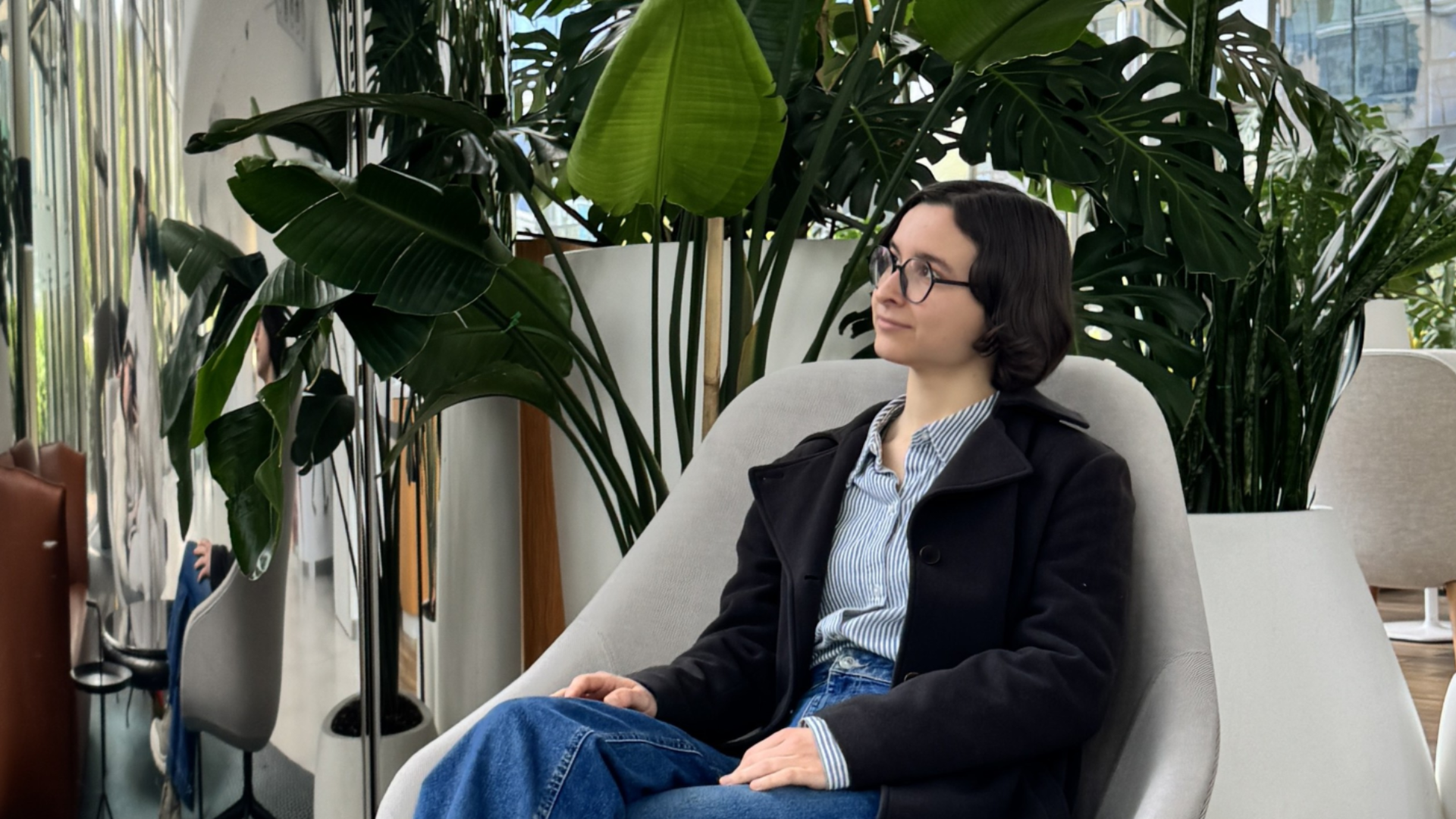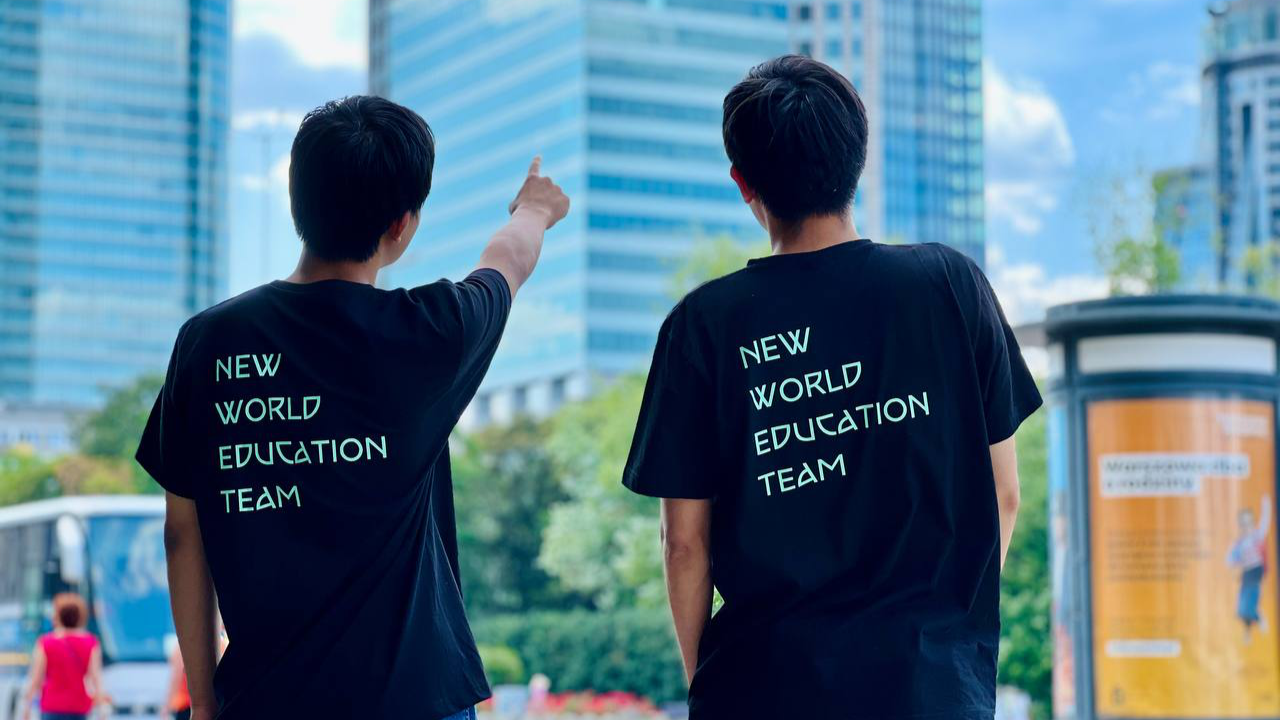Exchange: how knowledge becomes change
Actionizing is the path to real change, where knowledge doesn’t remain theory but transforms into actual actions that shape our inner and outer lives.
Contents
- Inner and Outer: The Illusion of Choice
- How Actionizing Works: From Knowledge to Action
- Living in the Rhythm of Actionizing
Inner and Outer: The Illusion of Choice
In life, the question often arises: what’s more important — the inner or the outer? Some believe that the state of the soul determines everything; others think that only actions have real meaning. Such a debate seems logical, but it’s false. In reality, the inner and outer are inseparable. They work together, and only in unity do they produce real results.
Look at a simple example. You decided to change the relationships in your family. If there are resentments and anger inside, they will inevitably manifest — in your tone of voice, in words, in gestures. But if you change your attitude, learn to listen, understand, and let go of unnecessary things, then external behavior also begins to change. This is one whole: the inner process generates outer actions, and actions reinforce inner change.
How Actionizing Works: From Knowledge to Action
That’s exactly how learning works. Theory is the foundation. First, you figure out what you need to know: formulas, rules, concepts. But if you stop only at knowledge, nothing will change. Theory needs to be put into practice — solve problems, try new approaches, make mistakes and try again. And that’s when changes begin. You feel that your mind becomes more flexible, confidence appears, and successes become tangible.
In everyday life, we often confuse the sequence. Someone waits for the «right mood» to start acting. Another rushes into affairs without understanding what they’re actually doing. In both cases, the result is weak. The right path is simple: first understand, then act, and then both the inner and outer change.
In the NWET educational space, this process is called «actionizing.» The essence is not to separate learning and life. First, we study the topic. For example, what are soul and body, how do they interact, and what hinders harmony? This is the theory stage. But everything only begins there. Next comes action: we set specific goals, try new skills, work on discipline. And only then comes real change: confidence grows, a sense of control over one’s own life appears, and joy from victories emerges.
Imagine you want to start running. If you only read articles about the benefits of sports, changes won’t happen. If you just go out for a run without understanding how to breathe properly or planning the load, the result will be minimal. But if you first learn the basics and then start running regularly, you’ll feel how both body and consciousness change. This is actionizing in action: knowledge + practice = inner and outer change.
The same logic works in relationships. If you only dream of sincere friends but don’t understand what trust and openness are — there will be no result. If you just go to meetings but don’t have an inner desire to be honest, friendship will remain superficial. Only when you understood the essence of friendship and then confirmed it with actions — supported, listened, found time — then relationships become real.
Living in the Rhythm of Actionizing
Actionizing teaches not to postpone changes «for later.» It gives a simple formula: understood → did → changed. And this cycle can be launched in any area — learning, sports, work, or relationships.
Many young people get stuck at the first stage. They accumulate knowledge, read books, watch videos, but avoid action. This is like a person who learns swimming rules but never enters the water. On the other hand, there are those who act immediately but without understanding. This is also a problem: you can spend a lot of energy but not see results. Only the combination of two steps opens the path to change.
Think about your own experience. Maybe you once took on a new matter without fully understanding it and quickly gave up. Or conversely — you prepared for a long time but never really started. This is the imbalance of inner and outer. As soon as they become unified, real progress begins.
At NWET we emphasize: inner education without practice is dreams that dissolve. Practice without understanding is actions without meaning. Only their unity gives stable results. That’s why each educational course is built so that after studying the material, there are immediately practical tasks. And in the process of completing tasks, a person begins to feel inner changes: more confidence, more self-control, more feeling that a person can really control their life.
The concept of actionizing applies to everything. The examples given above are just simple patterns of how the unity of inner and outer works in daily situations. In the NWET educational space, we consider deeper questions and look for ways to solve them. This is no longer just about the habit of waking up earlier or starting to run. This is about how to overcome inner contradictions, how to find harmony between inner development and practical achievements, how to discover in yourself the ability to love and learn to live not only for yourself, but also for others. This is also about how to learn to help people and lead them to a better life.
 EN
EN  УКР
УКР  POL
POL 

